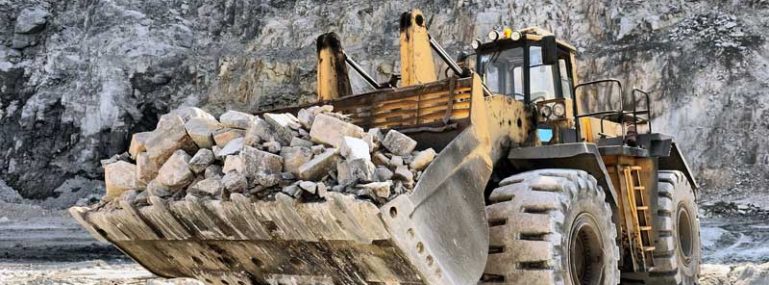The European Union Conflict Minerals Regulation adopted in June 2017, will take effect on 1st Jan 2021, starting with importers, smelters, and refiners of tungsten, tin, tantalum and gold (3TG). It requires the EU companies to ensure they import the minerals and metals from responsible and conflict-free sources only.
EU regulation aims at
- Ensuring EU 3TG importers to meet international responsible sourcing standards, created by Organisation for Economic Co-operation and Development (OECD).
- Ensuring all the 3TG global/EU smelters & refiners to source the minerals/metals responsibly.
- Stopping the illegal exploitation of minerals
- Bringing an end to exploitation and abuse of local communities and mine workers.
EU introduces a concept called “Conflict-Affected and High-Risk Areas”. It’s quite different from US conflict mineral reporting. US conflict mineral reporting, which we currently have, is focused exclusively on the Democratic Republic of Congo (DRC) and surrounding areas, but the EU regulation is global in scope, means, not only Central Africa, it could be West Africa (conflict financing in Mali) or Myanmar (problem area for tin).
Even though the reporting guideline has been released by EU, they have not specified the exact format and content of reporting.
In order to perform due diligence sourcing, importers should have a system in place that provides with the following information.
- Country of mineral origin, from where minerals come in.
- Quantity imported.
- Trade names and types of minerals imported.
- Supplier name and address.
If a mineral is sourced from conflict-affected and high-risk areas, importers must provide additional information and documentation on;
- Mine from where minerals come in.
- Where minerals are consolidated, traded and processed.
- The taxes and fees paid.
If an EU importer has not complied with the regulation, then;
- Member state will order the firm to address the problem within a given deadline and
- follow up is madeto ensure it does so.
Talk to compliance experts at ComplianceXL, to get more insights on the conflict minerals regulation requirements and its effect on your day to day business.





